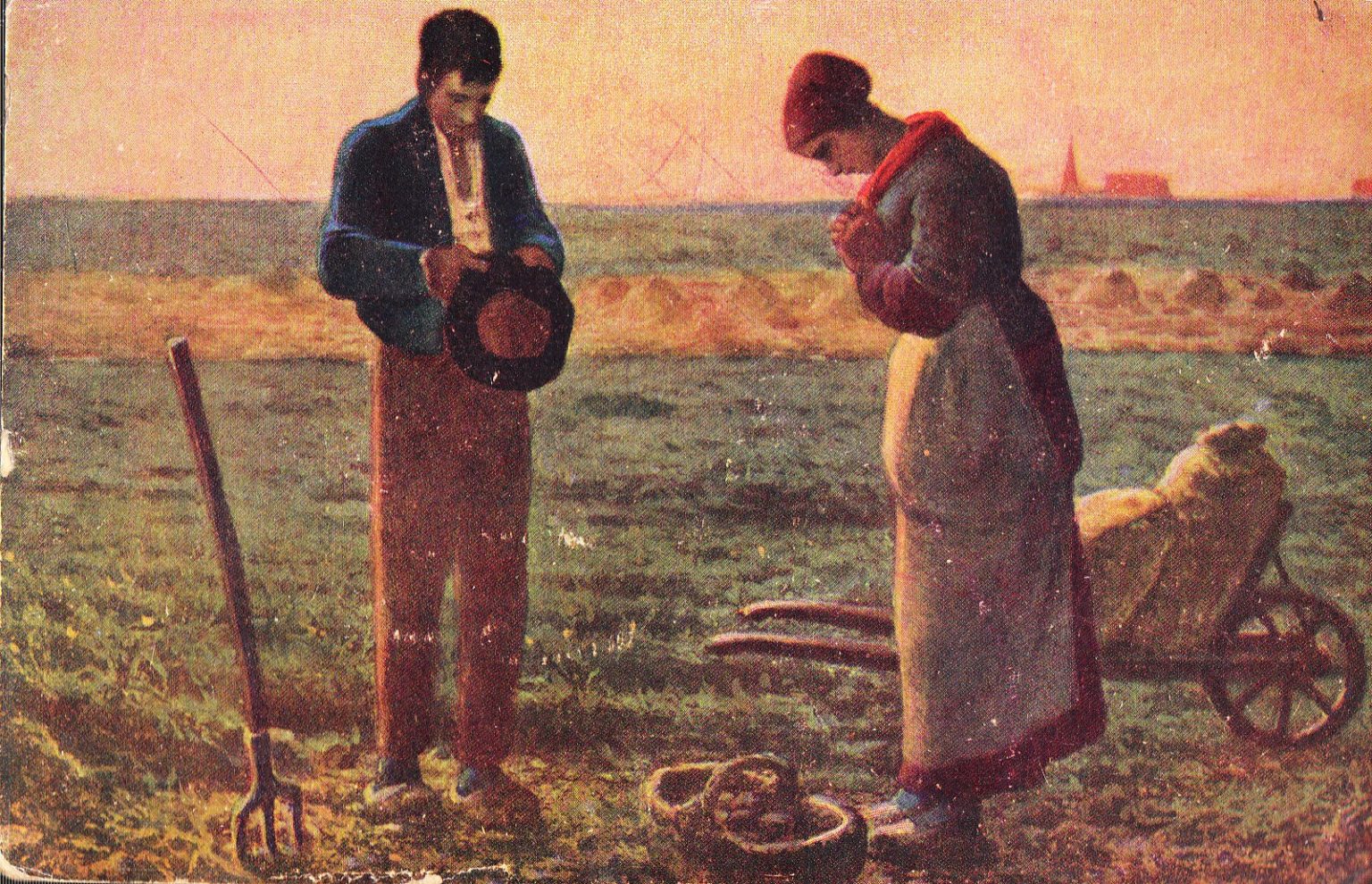Or, Organizing Government from the Top Down; Is Jesus for it, or against it?
This is an exercise in logic.
My friend, JadedbyPolitics, editor at UnifiedPatriots.com, and current Precinct Project firebrand in Northern Virginia, where the light of honest elections is barely flickering, prompted this article when she posted this comment by Plato, who taught four centuries before Christ:

The history behind this, and its history going forward is important to know if you are going to understand the deep-down nature of government. And I mean all government, wherever found, including church government.
The Greeks are often said to have laid out the basic philosophies of Western civilization and government. They have remained favorites of modern political theorists and philosophers, in part because they were pagans, yet who had the purest thoughts about Man in the broadest sense.
So, Plato was not writing about modern Democrats when he penned this, as this was in the “classical era of Athens”. He was referring to “organized government” in the 4th Century BC, which was before Alexander the Great, (a student of his student, Aristotle), who had swept over the known world, or the Romans who then swept over much of Alexander’s conquests, including Judaea, where Christ had grown up and preached, covering a period of 350 years, a century longer from where we are today, back to the framing of our Constitution.
Jesus almost certainly knew about this history, despite being the son of a carpenter in Nazareth, a 2-to-4 days walk to Jerusalem in those days. In Jesus’ “lost years”, between the age of 12 and 30, which the New Testament doesn’t cover, because of His revealed knowledge of Hebrew history and language skills in both Greek and Latin, it’s suggested He studied with the Essenes, which was a lesser known religious community in Judaea. They were more religious than even the Pharisees, in that they were not into public displays but rather lived and studied at monasteries, and had nothing to do with politics, like the Sadducees, who controlled religious and political affairs in Judaea.
Throw in an occupying Roman military presence and an appointed governor from Rome, you can pick many states, cities, even the District of Columbia, to get an idea how power and politics flowed in Judaea and Jerusalem in Jesus’ day.
So why, you might ask, instead of walking around the countryside performing miracles, and giving sermons to groups as small as five to, some say, into the hundreds…and for only three years (which is exactly what He did do)…
…why didn’t Jesus, instead, go to the Temple, set up a table, and unveil a Plan “given to him straight by God”, and then lay out an organization chart and business plan, including Q & A, and bullet-point lessons for the Pharisees, Sadducees and the Judean business and government class about Jehovah’s true message to them, and how God wanted things to be done better down here on earth?
Isn’t that how Madison Avenue or Wall Street would do it?
In short, why did Jesus preach only to the commonest of folks, what we would call today the “lower or working classes”? Who had no power at all? On the Mount, (Matthew 5-7) He even addressed them by titles; the poor in spirit, those who mourn, the meek, those who hunger and thirst for righteousness, the merciful, the pure in heart, the peacemakers, those who are persecuted for righteousness’ sake…finally saying, “You are the salt of the earth”…or, as we say today, “the lowest common denominator.”
Why did He reach out to them, and only them, if He wanted to introduce a “new order” of thinking into the world?
There wasn’t a CEO, vice-president, even a factory-floor manager among His outreach. And certainly no government bureaucrat, (a short tax collector did climb into a tree to hear him) although we know a few Roman legions (probably privates, as no officer would risk his career) sneaked in to hear some of His sermons.
Now, Christ’s preachings weren’t like Bill or Hil’ Clinton, Barack Obama or Joe Biden, going to a black church just for the camera op. He wasn’t slumming like the afterhours crowd at the Apollo Theater in Harlem. These were the only people Jesus preached to for three years!
And when He finally did get to Jerusalem, He went straight to the Temple and started turning over tables (now there’s an idea) where men were selling indulgences, profaning it, which caused the chief Sadducee priest, Caiaphas, to storm over to Pontius Pilate and demand that he be hung.
The rest is History, as they say.
Now, when Plato wrote his comment (above), it was for a far smaller audience than Christ aimed at. Plato founded and taught at the “Academy” near Athens. It was sort of an outdoor Columbia, or Oxford or even the Sorbonne in Paris. Very small classes. But it was for the selected smartest of the smartest, men like Aristotle who would then tutor Alexander, the son of a king, who would then conquer all of Greece and half the world. All Academy students had to be selected. No washer-women, in fact no women at all, nor grape-pickers, nor sandal-makers.
And that might be why Christ didn’t give any attribution to Plato (if He had read this). But he likely did, only with a different view toward Mankind in general, for Plato and the Greeks approved of all sorts of different things Christ would have most definitely disapproved of, from the authority of kings to diddling little boys.
When Plato wrote Republic, he was still describing a top-down kingship, only one who was elected by free men only. He tried to elevate the standard of king to a “philosopher king”. Ayn Rand tried to recreate this same type in businessman in Fountainhead and Atlas Shrugged. To my mind, neither Plato nor Miss Rand could make that part of their theory work, because all of their philosopher kings or corporate magnates would sire children, who would sire still other children, which would always ignore or pay lip service to the virtues Plato lauded, thus fighting a losing battle with all those vices. Normally, three generations tops.
Plato probably knew, and likely Christ also knew that kings would not pass their power over to the electorate, but would instead pass it onto their children, who, within three generations, almost without fail, would destroy the dynasty, to be replaced by a fresh new one. The big losers were always the lowest common denominator. As a kiosk-operator in Moscow told me in 1992, after the Communists fell, and the streets were being divvied up, “I hope I get a good mafia.”
Both knew that the dark side of natural law would always win out in such a small arena the size of the Academy, where Plato taught.
The story of how Jesus’ bottom-up teaching method went out is probably the most interesting to students of modern political history, but since that will put most of you to sleep, I’ll brush through it here and do a longer explanation at UnwashedPhilosophy.com (due later this week), as it fits in with a new book being offered by David Poff, the famous “Haystack’ from the RedState of lore, entitled: Unwashed Philosophy, A User’s Guide for Our Imperfect Union. (I added a chapter and some liner notes to a couple more chapters. Dave is now blind, so I want to help get that book published. (You’ll be asked for a small donation, or better still, to do a little pimping to people who might help getting the book published. It really is very good. From the content I can also see 2-3 more books as natural follow-ups.)
The basic problem with Plato’s method is that it cuts out what we refer to in America as “the People”. Plato saw “the people” as deserving better, but saw all the cures as coming from the top-down. In fact, until America, all world history is based on that simple business model, which from time immemorial, great thinkers (and generals and mountebanks) had concluded could only come from the strongest, only hoping for wisdom and kind hearts. Look at the history of every dynasty, worldwide, and you’ll see good kings outnumbered by a margin of 4-5 to i.
This is why Jesus took His case straight to the People, the lowest common denominator.
But then it took 300 years for “a Church”, actually more than one, to emerge and to be fully organized with its own plan… and then another 500 years for that Church, having gotten fat, sassy and a wee bit lazy, to sign a power-sharing agreement with the kings of Europe, relinquishing some of their power and wealth (10% some day) to the Church in exchange for everlasting life. Since living humans aren’t allowed to do audits on that type of contract in he afterlife, we really don’t know whether the Church or kings had signed onto a fool’s bargain.
We just know the People who Jesus aimed His preaching always took a beating. And the the power of those kings are still with us.
It was Thomas Jefferson, who was a Christian but didn’t believe in any of the supernatural stuff came out with this idea that the cure to top-down government by kings could only come from ordinary citizens, that “the lowest common denominators” could elect their next “philosopher-kings”, called presidents, and even set their standards, a true nation by the people, of the people, by the people and for the people could not only work, but regenerate itself….simply by holding them to a tight leash.
Jefferson said so as much in his Declaration of Independence…that for people to free to pursue life, liberty, happiness and property, the people had to set the rules….from the bottom up.
Just as Jesus, God’s agent on earth, first signaled 2170 years ago (or so).
And for over 200 years, the People, maintained a sufficient majority to either keep control, or rush in to put out some fires and restore control inside their various governments. Only now, probably for the first time in America’s history, we are into a third generation where our society, at the family level, have produced an insufficient number of children to replace their parents’ and grandparents’ sense of duty; generations that increasingly no longer see freedom-for- all as Christ preached it in sufficient quantity to guarantee that generation’s survival. Only except the few who had gotten their petty degrees from the Academy.
In short, when Plato tells your kids that they are good and wise and just, and Jesus would tell them, “No, they are not”, how would they know if they no longer know He exists, or have even been educated to mock Him.
What happens to the lost if they don’t know they are lost, and therefore aren’t seeking to be found?





